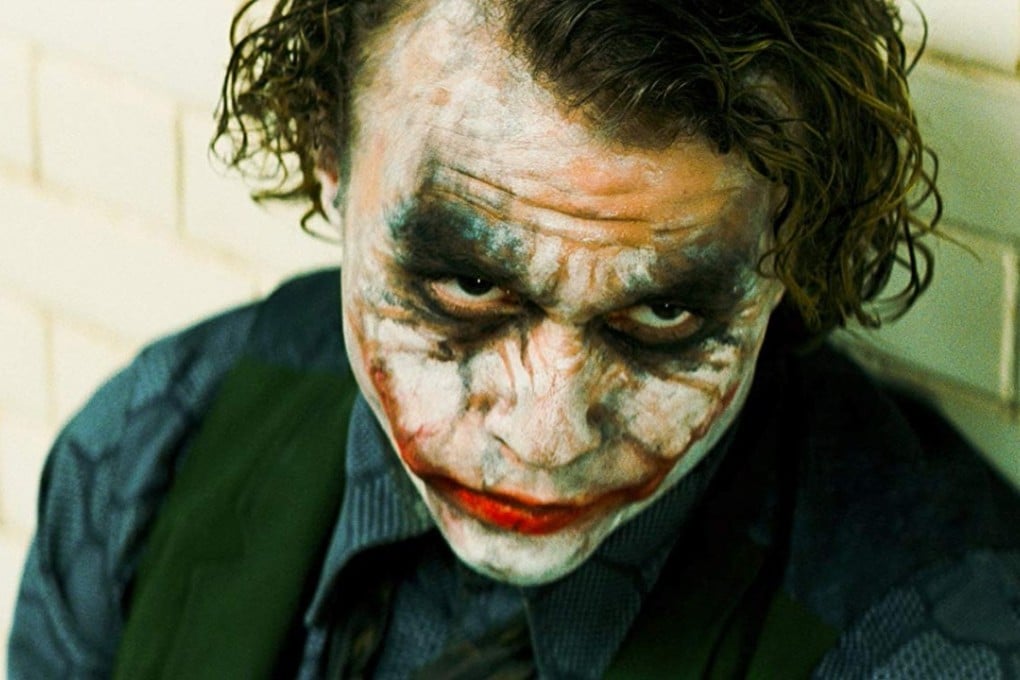The Dark Knight: how most critics got it wrong 10 years ago about film that changed the way world saw comic-book adaptations
The dark Batman sequel – the first feature film to make full and extensive use of Imax camera technology – garnered eight Oscar nominations and won two, but at the time critics were divided on its merits

Roger Ebert got it right away.
“Batman isn’t a comic book any more,” the legendary film critic wrote in the summer of 2008 upon the release of Christopher Nolan’s The Dark Knight. Instead the reviewer saw “a haunted film that leaps beyond its origins and becomes an engrossing tragedy … This film, and to a lesser degree Iron Man, redefine the possibilities of the ‘comic-book movie.’ ”
When The Dark Knight landed in cinemas 10 years ago on Wednesday, the “comic-book movie” centring on superheroes had certainly experienced some creative peaks, including Richard Donner and Richard Lester’s first two Superman movies beginning in the ’70s, Tim Burton’s 1989 Batman, Bryan Singer’s first X-Men in 2000 and the launch of Sam Raimi’s Spider-Man franchise.

But in 2008, even after Jon Favreau’s Iron Man birthed the beginning of the Marvel Cinematic Universe that same summer, superhero cinema was not accorded much artistic pedigree. As art, it was popcorn filmmaking that didn’t even rise to the level of Star Wars, many mainstream critics and film-goers believed.
Nolan, his sibling co-writer Jonathan Nolan and cinematographer Wally Pfister greatly altered common perspectives on superhero movies. Their dark Batman sequel – the first feature to make full and extensive use of influential Imax camera technology – scored critically, garnering eight Oscar nominations and winning two, including a posthumous trophy for Heath Ledger’s hauntingly iconic performance as the Joker.